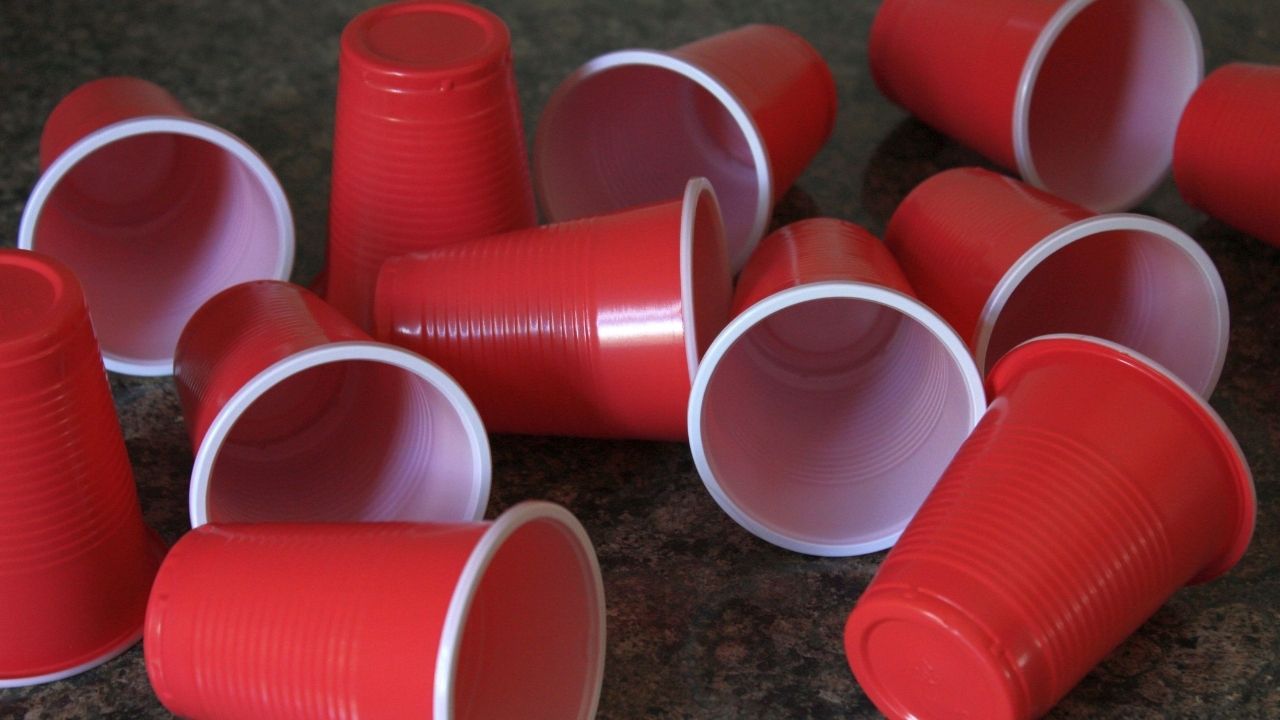
The Growing Problem of Plastic Pollution
In recent years, the environmental impact of plastic waste has become increasingly apparent. Plastic pollution is a major concern, with millions of tons of plastic ending up in our oceans, landfills, and ecosystems every year. This has led to a growing interest in finding eco-friendly alternatives to plastic that can help reduce our environmental footprint.
The Benefits of Eco-Friendly Alternatives
Eco-friendly alternatives to plastic offer numerous benefits, both for the environment and for consumers. These alternatives are often made from sustainable, biodegradable, or recyclable materials, which means they have a lower impact on the environment compared to traditional plastics. Additionally, many eco-friendly alternatives are reusable, which can help reduce waste and save money in the long run.
Biodegradable and Compostable Options
One category of eco-friendly alternatives to plastic includes biodegradable and compostable materials. These materials are designed to break down naturally in the environment, without leaving behind harmful residues. Examples include:
1. Plant-based plastics: Made from renewable resources like corn starch or sugarcane, these plastics can biodegrade under the right conditions.
2. Bamboo: This fast-growing, sustainable material can be used to make a variety of products, from utensils to toothbrushes.
3. Paper: For certain applications, paper can be a viable alternative to plastic, especially when it is sourced from responsibly managed forests.
Reusable and Long-Lasting Alternatives
Another approach to reducing plastic waste is to opt for reusable and long-lasting alternatives. These products are designed to be used multiple times, which can significantly reduce the amount of waste generated over time. Some examples include:
1. Stainless steel: Durable and easy to clean, stainless steel is a great choice for reusable water bottles, food containers, and straws.
2. Glass: Glass jars and containers can be used for food storage, and glass bottles can be a sustainable alternative to plastic for beverages.
3. Silicone: This flexible, non-toxic material can be used to make reusable food storage bags, baking mats, and other kitchen essentials.
Innovative Plant-Based Materials
In recent years, there has been a surge in innovation around plant-based materials that can serve as eco-friendly alternatives to plastic. These materials are often derived from agricultural waste or sustainably grown crops, and they can be used to make a wide range of products. Some examples include:
1. Mushroom packaging: Made from the root structure of mushrooms, this biodegradable material can be used as a replacement for styrofoam packaging.
2. Seaweed-based packaging: Edible, biodegradable packaging made from seaweed is being developed as a sustainable alternative to plastic for food and beverage products.
3. Hemp plastic: Made from the fibers of the hemp plant, this durable, recyclable material can be used to make a variety of products, from furniture to car parts.
The Role of Consumers in the Transition to Eco-Friendly Alternatives
As consumers become more aware of the environmental impact of plastic waste, they are increasingly seeking out eco-friendly alternatives. By supporting companies that offer sustainable, biodegradable, and reusable products, consumers can help drive the transition away from single-use plastics and towards more environmentally responsible options.
At the same time, it is important for consumers to be well-informed about the eco-friendly alternatives available to them. By understanding the benefits and limitations of different materials and products, consumers can make informed choices that align with their values and priorities.
Looking to the Future
As the world continues to grapple with the problem of plastic pollution, the development and adoption of eco-friendly alternatives will be crucial. From biodegradable and compostable materials to reusable and long-lasting options, there are many promising solutions on the horizon.
By supporting innovation in this space and making conscious choices about the products we use, we can all play a role in building a more sustainable future. Whether it's opting for a reusable water bottle, choosing products made from plant-based materials, or supporting companies that prioritize sustainability, every action counts in the effort to reduce our environmental footprint and protect our planet for generations to come.
 Family Craft ProjectsHome ImprovementCooking and BakingReuse and RecycleDIY GiftsEco-Friendly ProjectsDIY Home SolutionsSeasonal ActivitiesFun and GamesLearn TogetherPrivacy PolicyTerms And Conditions
Family Craft ProjectsHome ImprovementCooking and BakingReuse and RecycleDIY GiftsEco-Friendly ProjectsDIY Home SolutionsSeasonal ActivitiesFun and GamesLearn TogetherPrivacy PolicyTerms And Conditions
